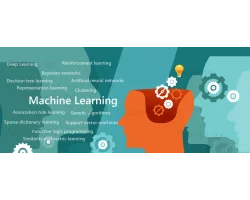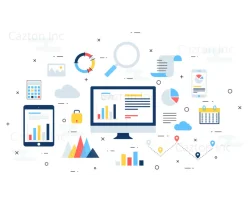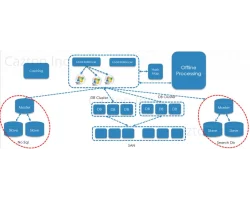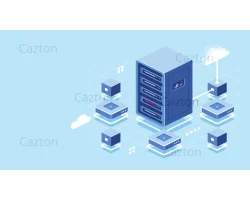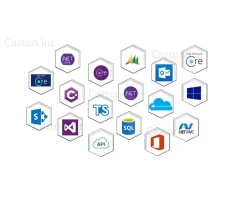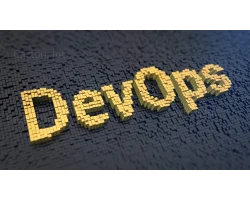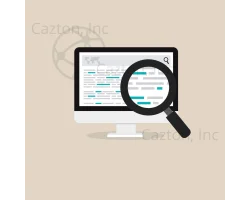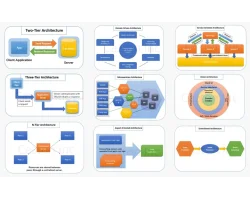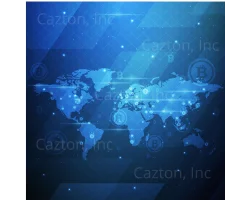Mastering Docker
From Basics to CI/CD Integration and OptimizationMastering Kubernetes
Comprehensive Guide to KubernetesMastering Big Data with Spark.NET
Training on Performance and Best PracticesMastering TensorFlow
Expert Training in Machine Learning and TensorFlow from Cazton's TeamMastering TypeScript
Build Scalable, Maintainable Web Apps with Expert TrainingMastering AngularJS
Intensive Hands-On Training from Basics to Advanced LevelsMastering VueJS
From Basics to Advanced with Hands-On Training and Expert GuidanceMastering ReactJS
From Basics to Advanced, with Redux and React Native IntegrationMastering Microservices
From Basics to Cloud DeploymentMastering EcmaScript
From Basics to Advanced with Real ProjectsMastering Aurelia
Hands-On Training from Core Concepts to Advanced ApplicationMastering Angular
Comprehensive Hands-On Training from Basics to Advanced LevelMastering ASP.NET Core
Intensive Training with World-Renowned Experts
